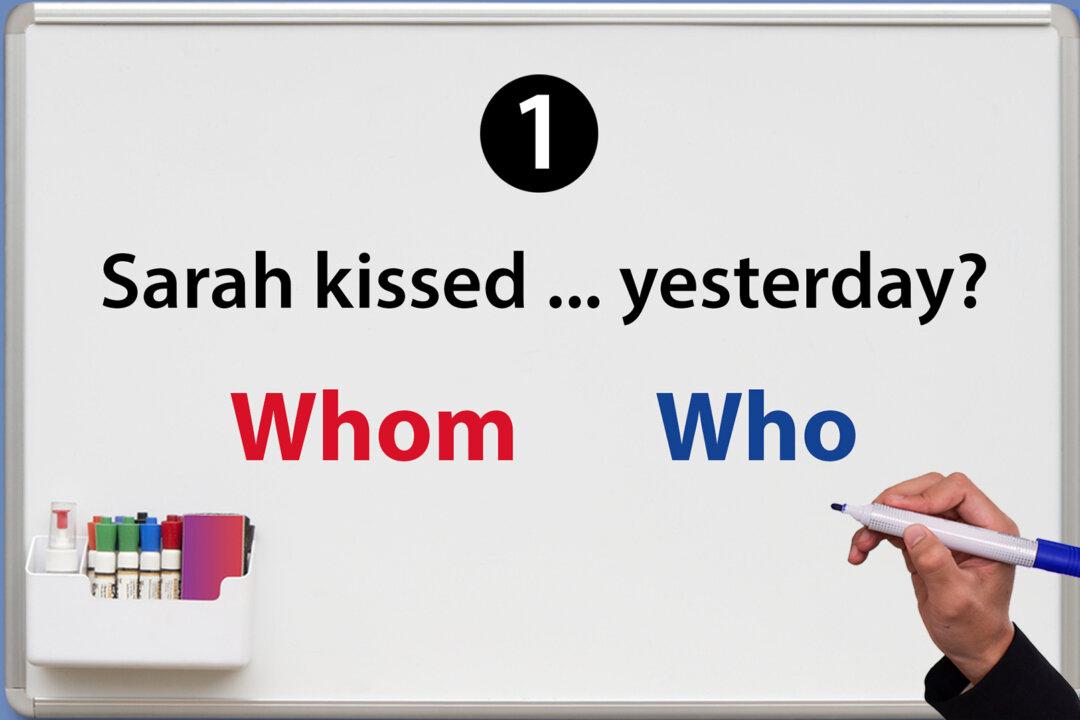Many of us learn the rules of English grammar in the classroom, but how much of what we learn is carried with us into adult life? The popular adage “Use it or lose it” could ring very true for the rules of grammar; we’ve found a quick, fun way to discover how much you have retained.
The quiz, originally shared by apost, will present you with six multiple-choice fill-in-the-blank sentences. Just scroll down and decide which of two possible words best fits. Allegedly, only 5 in 100 native English speakers have what it takes to get all six answers right!





